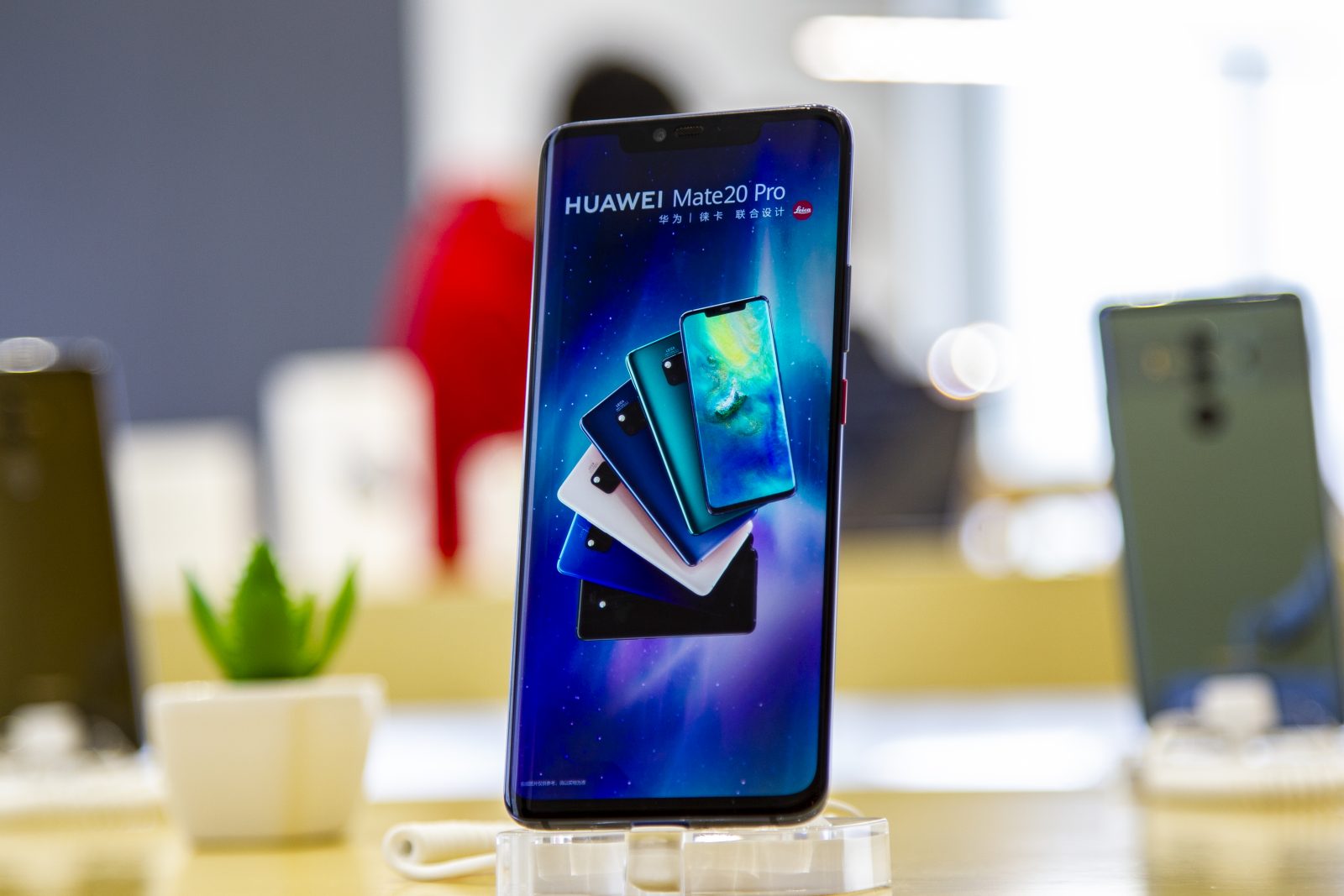(ATF) The US government plans new restrictions on China’s communication giant Huawei. The new rules stipulate that foreign companies using US chip manufacturing equipment must obtain permission before supplying certain chips to Huawei.
In response, Foreign Ministry spokesperson Hua Chunying told a press conference on Thursday that the Chinese government would never sit idly by and accept the US’s “technology bullying”.
In the tit-for-tat trade war between China and the US one of the main casualties is the relationship between tech giants Google and Huawei. Google has been told to stop providing the latest versions of its Android Operating System (OS) for users of Huawei mobile phones.
At present Google has a temporary extension to continue providing its operating system to Huawei, but the Chinese firm said it would launch its own system, called Harmony OS. Some devices from Huawei are already appearing with Huawei’s operating system.
The Chinese government has also announced a plan to erect 5G base stations around the nation and they are expected to predominantly use Huawei equipment. It will also make major strategic investments in technology such as micro-chip development, as reported by ATF.
A lava-hot issue
Speculation is rife that Harmony OS will be launched on handsets outside China. A Huawei employee told ATF: “This issue is much more than a hot potato – the floor is like lava right now. Everybody has signed non-disclosure agreements, and plans are tightly locked up at headquarters.”
Wu, a China-based telecom analyst told ATF: “Harmony OS will be available in China in 2020. But I think it will take one to two years to roll out and mature before it can be ready for commercial use in other countries. Meanwhile, overseas roll-outs also depend on Huawei’s sales volume in different markets.”
Huawei has already launched a smart TV using the Harmony OS. The TV synchs to Huawei handsets, offers myriad streaming services and acts as a personal assistant that can control robot vacuum cleaners, open and shut curtains among other things. It is expected to retail for less than 6,000 yuan (US$846). It is very similar to the Android TV OS.
Once Harmony OS is launched it is expected that other Chinese mobile and app makers may be told to work on this new operating system. Wu said this was likely “especially if the US chooses to ban other Chinese phone-makers on core Android features.”
Asked if there were noticeable differences between Harmony and Android, Wu said: “From the end-user perspective, there is not much difference as the interfaces and functions are similar. The real differences are in IP and security.”
Robindhra Mangtan, director of Plum Telecom Consulting, said: “Harmony is a good way for Huawei to protect against any future trade barriers and deploy its own App Store and partner with others to replace key Google services – for example, Weibo, WeChat and Tencent for the China market. But these services do not have much traction in other markets, so it presents a huge opportunity for China-based app and game developers [in the future], as Huawei devices are distributed worldwide.”
























